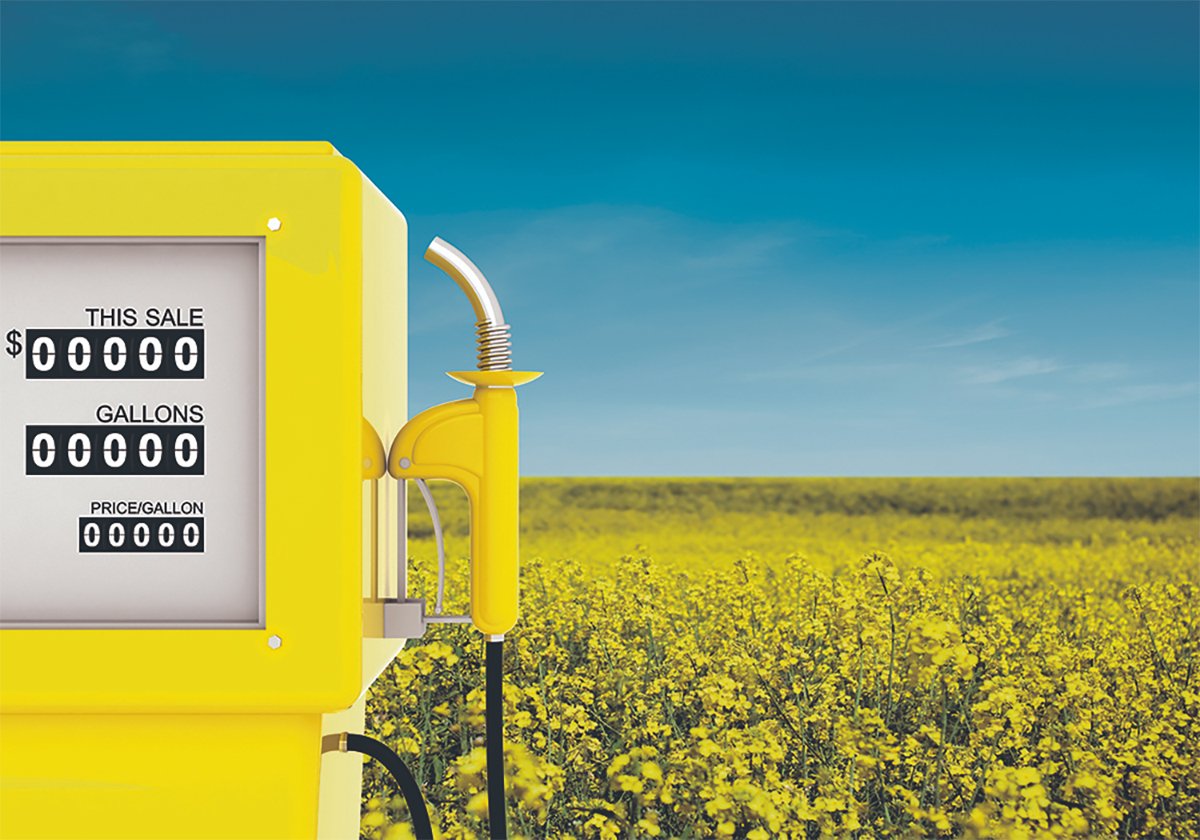VICTORIA, B.C. – Canada’s pretty yellow princess hasn’t impressed the mother country.
“They don’t like the word ‘rape’ very much, surprise, surprise,” said British consumer expert David Hughes, a professor at Imperial College in London, about the term still used for canola in England.
“They don’t believe (the oil) is necessarily bad for you. They just don’t know what it really is.”
Hughes surprised many at the Canola Council of Canada convention when he said that canola oil is the least likely oil for a British consumer to buy, and that only one percent of consumers buy it.
Read Also

Biofuel sector happy with federal budget
Advanced Biofuels Canada says new Biofuel Production Incentive is a lifeline until CFR amendments are in place.
However, once a British consumer buys canola oil, she is likely to stick to it. Sixty percent of canola oil buyers in the United Kingdom will buy only canola oil once they have tried it, eschewing all other vegetable oils.
Canadian canola processor Pat Van Osch of Canbra Foods said he was startled by the low awareness of canola in the British market.
“But it’s very encouraging when you see that once they’ve tried canola, you get a committed consumer. If we can get people to try it, you might be able to keep that percentage and sell a lot more.”
Hughes said British canola buyers tend to be older, and younger shoppers aren’t picking up oil in the supermarket.
“You need more passionate advocates,” said Hughes, adding that some multinationals promote specific foods.
Heinz, for instance, advertises the healthy effects of lycopene in tomatoes and folic acid in beans, even advertising baked beans humorously as a good food for baby production.
Yet canola has no champion in the U.K. right now, Hughes said. The Canadian canola industry must find an advocate if it wants to build its profile in a country that has much goodwill toward a former colony.
“It’s a joint effort, but it helps tremendously if the big, branded guy with deep pockets is on side,” said Hughes.















